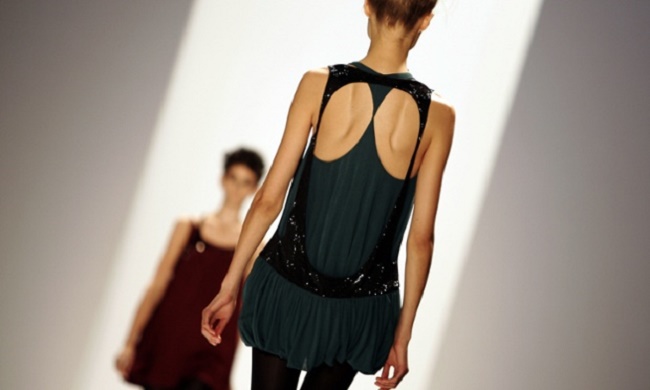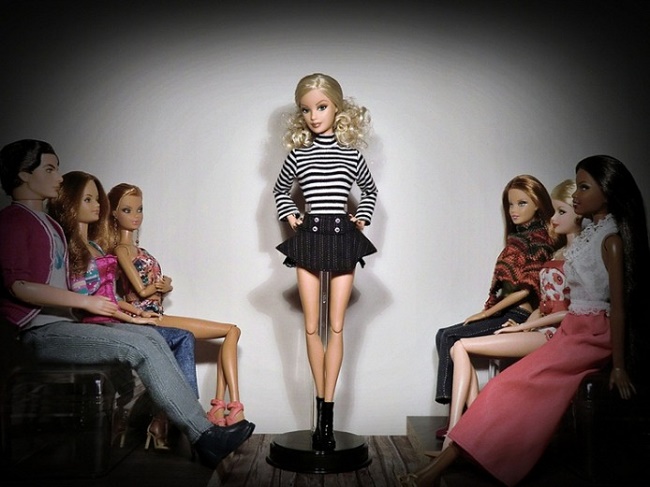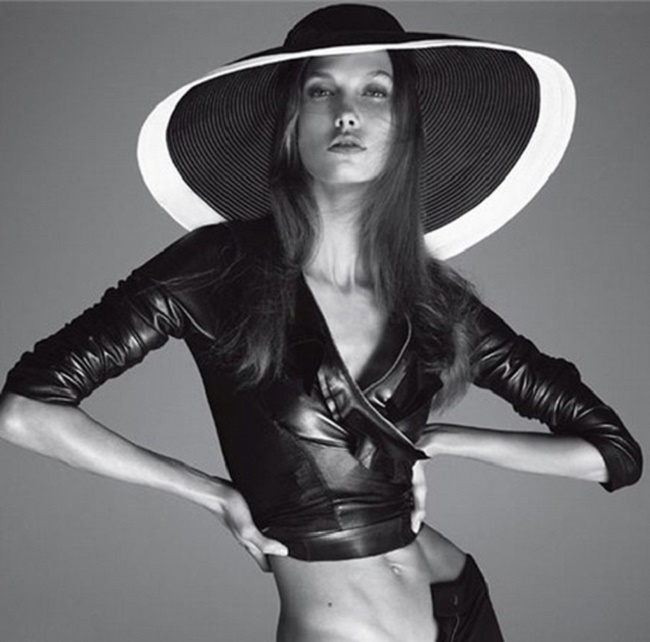“But some people are just naturally thin” is quite frankly the most cringe-worthy way to defend the health of models or thin individuals in general.

Whenever someone says this, why does it always feel like an ill-thought out, defensive way of rationalizing someone’s health status? While there is no denying that in some cases this statement is completely true, most of the time this just feels like an aid in the perpetuation of eating disorders.
France, a major powerhouse in the fashion industry, is currently considering a law which would ban ‘overly skinny’ models from appearing on runways and ads and it’s causing quite the uproar, cementing the issue’s severity.
Naturally, the first order of business would be to come to a cohesive understanding of what it means to be underweight – according to the law under consideration, the models will undergo routine body mass index (BMI) calculations.
Some argue that the BMI isn’t the choicest way to determine if someone is healthy or not, and this concern is valid. The human body is an extremely complex mechanism, and using a simple calculation that will result in a very black and white answer certainly has the ability to raise concern.
However, the pros outweigh the cons in this instance; and the fact that people are even considering this kind of law is ground-breaking for the industry as few countries have adopted such a requirement.
As described by the Centers for Disease Control and Prevention, an individual is classified as underweight if their BMI is under 18.5. This standard is creating chaos in the model world because it is a profession widely known, but rarely acknowledged for its poor health standards.

With this requirement up for question, models whom no longer fit the minimum requirement could be without a job, and their agencies could be penalized with a pretty hefty fine if they choose not to abide.
Many of us consider our laptops or phones to be vital to our workplace success, but when you are in the business of modelling your body and looks are your lifeline. After all, models have run into their success because of the way they look. It’s how they got where they are, and it’s their ticket to where they are going. It seems obvious to take care of the main asset that keeps their profession alive.
By having a standardized health requirement, it could be the very thing that not only sets a better example for their audience, but has the potential to increase the personal health and livelihood of the models… a point that seems to have failed to ever surface as anything of importance in this profession.

Models can’t be oblivious to the power and influence they possess, especially toward our youth, and agencies shouldn’t ignore the role they play either. Children typically have few commitments and spend their time worrying over their social lives and fitting in with their peers. Models really need to dissect the meaning behind their profession and understand people are naturally going to be inclined to imitate them.
So how will a ban on underweight models effect the industry?
Behaviour is a learned concept: children don’t automatically come into this world with a clear understanding of what’s right and wrong, they are impressionable and while they might not know it, the information that they take in affects them in a lot of ways…
…It gives them a false sense of reality if all they are exposed to is a very specific, virtually unattainable physicality to follow.

Only seeing this ultra-skinny type of model has the potential to make them want to take drastic measures (like poor diet habits and excessive exercise) to ascertain this as well. And why should this even come as a surprise to people? It’s very simple. Someone very thin has a lavish lifestyle, is on magazine covers and advertisements everywhere, and is considered to be the ultimate definition as to what is means to be attractive.
Why wouldn’t children, young girls especially, want to do everything in their power to aspire to be exactly like what they see? I’m not trying to rationalize that thought process, it’s just important to understand. As we grow up, most adults have the tendency to leave that mindset – but how do you explain this process to a teen?
It’s just the way that they think, so instead of concentrating on changing the child, why not just swap their inspiration instead?
While it may be true that some people really are “just naturally thin”, only having incredibly thin models in the forefront of the industry isn’t catering to the majority of the world.

It’s only perpetuating unattainable beauty standards whilst simultaneously making anyone who doesn’t have that specific look feel inadequate. The proposed law isn’t asking much, it’s simply requiring that models take care of themselves and showcase a healthy body standard.
With Paris being so involved in the industry, we might finally begin seeing an example worth modelling. Assuming the law does get passed, the industry could soon spark some healthy competition.






